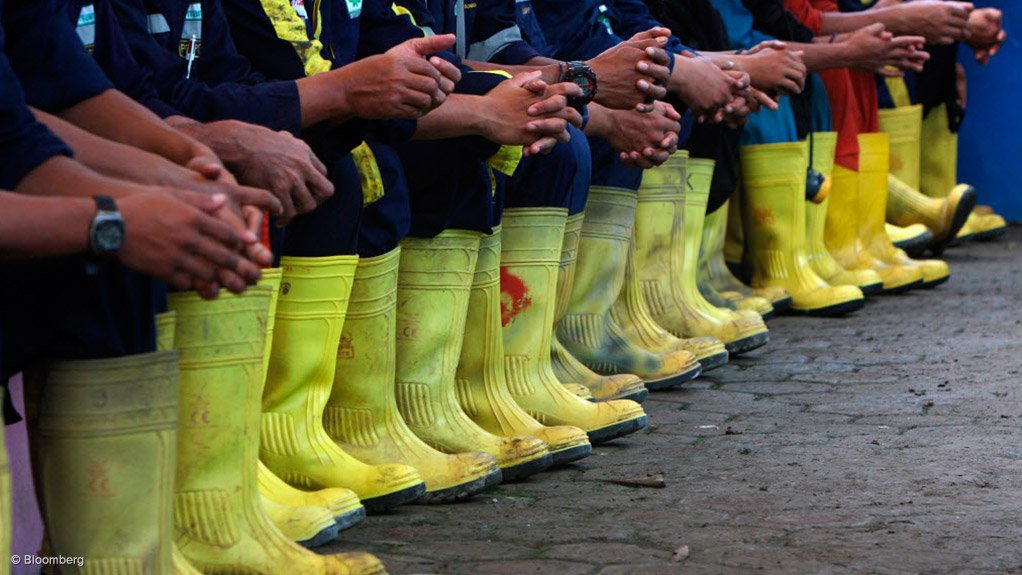Generation

TIPS launches Just Transition Labour Centre to research, voice the needs of the working class

The centre is being supported by the Congress of South African Trade Unions (Cosatu), the Federation Unions of South Africa, the National Council of Trade Unions and the South African Federation of Trade Unions (Saftu).
Just Transition Labour Centre manager Matthew Grant says it is not obvious to anyone how to get through a just energy transition and that government, business and labour all have different ideas of what is “just”.
Hence, the centre has been set up to support the general working class to have their voice heard and provide guidance to government and companies on the way forward.
TIPS has appointed two dedicated researchers that will consult with federations, unions and workers, to provide popularised research on the reskilling that will be required for new jobs as projects take shape.
Additionally, TIPS has tasked a service provider to conduct research on the coal value chain, to best determine the needs of communities and take these demands to government.
The centre will facilitate communication between stakeholders and share experiences from South Africa and abroad.
“The creation of the centre reflects the labour movement’s recognition that the climate crisis entails substantial economic and plant-level restructuring – which will inevitably impose significant burdens on working people,” Grant states.
TIPS has garnered funding from Climate Works Foundation, the African Climate Foundation and Agents Frances de Development to conduct evidence-based research for the just transition.
Grant emphasises the just transition should protect jobs, create decent work and ensure social protection.
TIPS will regularly discuss its research findings and forge alliances with other just transition centres globally.
Highlighting unions’ most prominent concerns during a launch event of the Just Transition Labour Centre, Cosatu policy and labour head Tanya van Meelis said the transition should not sacrifice jobs at the altar of green capitalism and deepen South Africa’s already obscene levels of inequality.
She mentioned that the unions wanted jobs to be protected, new decent jobs to be created, negotiated outcomes for workers, including skilling and upskilling, social dialogue with workers in their communities, and more investment in economic and social infrastructure.
Saftu general secretary Zwelinzima Vavi agreed, saying energy developments should not displace the very people that powered the country, or see workers become collateral damage in the shift to a low carbon economy. He said the just transition concept had been highjacked by the “capitalist class”.
“The greenwashing of corporates and investment-led transitions that prioritise profits and not social justice, as well as the secretive independent power producer contracts that pose risks to the working class and the public is not a just transition.”
Vavi emphasised a just transition must include the democratic public ownership of energy and infrastructure and the reskilling of people, with guarantees of decent work. He said this reindustrialisation should include investment in public services such as healthcare, education and healthcare.
He commended TIPS for having established the labour centre as a means to support the labour movement and develop independent analysis on what workers needed.
The unions ultimately want the centre to be a site of co-production where labour shapes the questions, validates the data and owns the outcomes.












